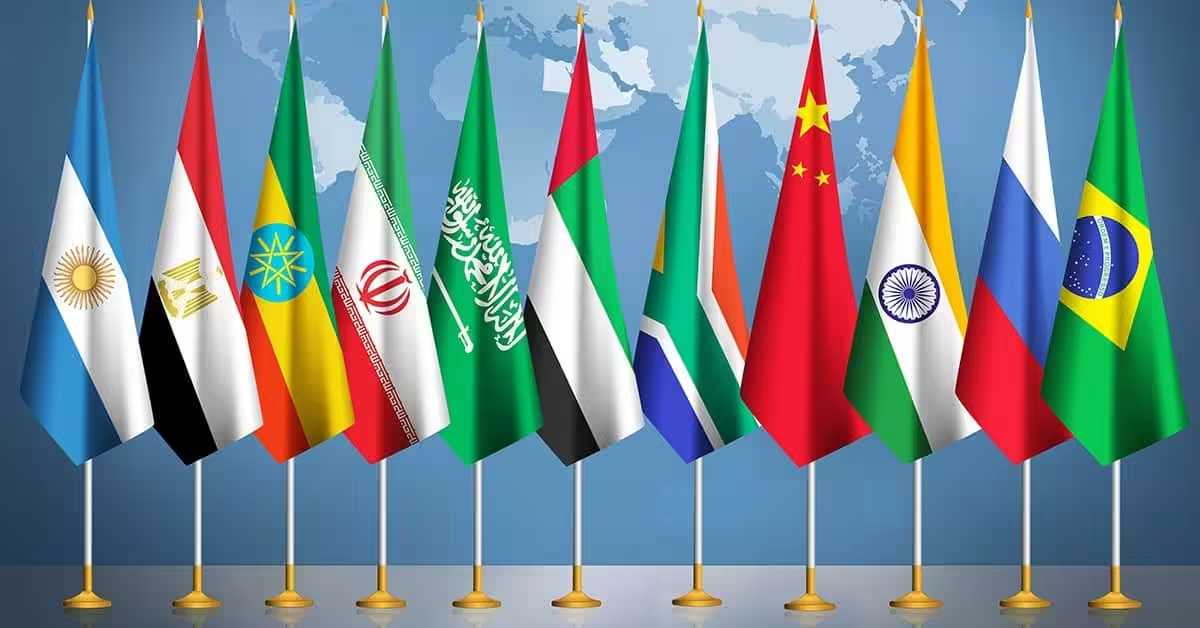|
Getting your Trinity Audio player ready...
|
As Russia continues to integrate cryptocurrencies into its economy, the BRICS alliance is poised to play a pivotal role in shaping the future of global finance. With the bloc’s payment system on the horizon, digital assets could become a powerful tool in challenging the dominance of the US dollar.
The BRICS countries have long expressed their desire to reduce their reliance on the greenback, particularly in the face of increased sanctions against Russia. Cryptocurrencies offer a viable alternative for conducting international trade, bypassing the traditional banking system and avoiding the risks associated with sanctions.
Russia’s recent legalization of crypto payments has opened the door for broader adoption within the BRICS alliance. By facilitating trade settlements using digital assets, the group can accelerate its efforts to create a multipolar economic order.
The decline of the US dollar as a reserve currency is a testament to the growing desire for alternatives. According to the Atlantic Council, the share of US dollar reserves held by central banks has fallen to 59%, down from 71% in 2001. This trend is expected to continue as the BRICS countries actively seek to reduce their dependence on the greenback.
The yuan has already made significant strides in challenging the dollar’s dominance. In a recent development, the renminbi surpassed the greenback in cross-border transactions for the first time in China’s history. This shift underscores the growing appeal of alternative currencies, particularly within the BRICS bloc.
The upcoming BRICS Summit in 2024 is anticipated to be a significant milestone in the alliance’s crypto journey. Major announcements regarding the bloc’s plans for crypto usage and the integration of blockchain technology are expected.
If the BRICS countries successfully implement a robust crypto payment system, it could have far-reaching implications for the global financial landscape. By reducing reliance on the US dollar, the alliance could challenge the existing monetary order and create new opportunities for emerging economies.
Disclaimer: The information in this article is for general purposes only and does not constitute financial advice. The author’s views are personal and may not reflect the views of Chain Affairs. Before making any investment decisions, you should always conduct your own research. Chain Affairs is not responsible for any financial losses.
I’m a crypto enthusiast with a background in finance. I’m fascinated by the potential of crypto to disrupt traditional financial systems. I’m always on the lookout for new and innovative projects in the space. I believe that crypto has the potential to create a more equitable and inclusive financial system.


